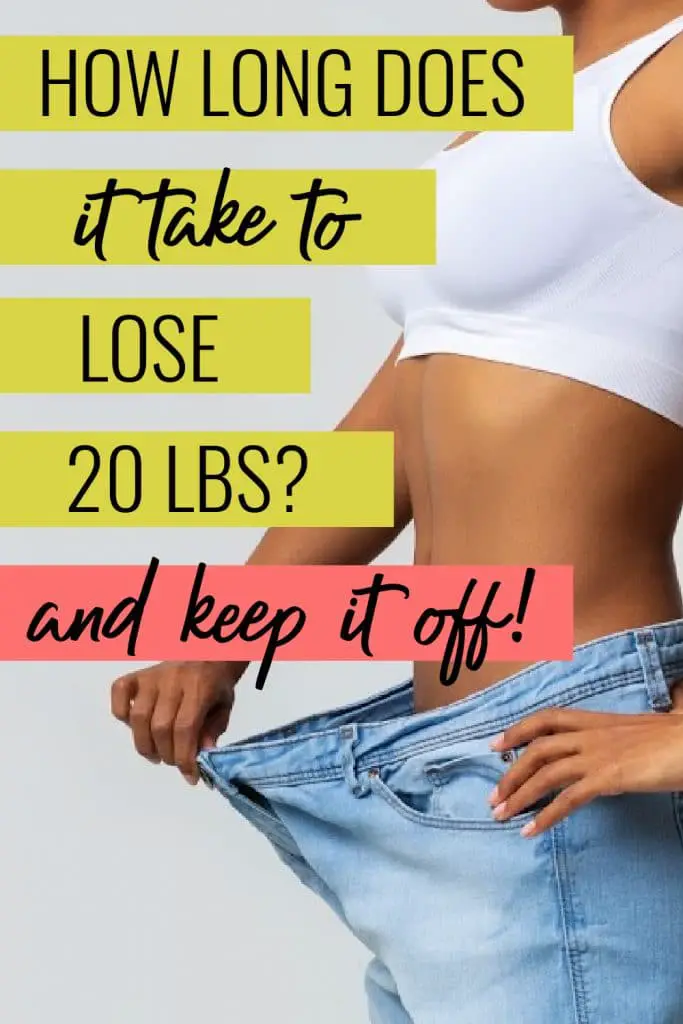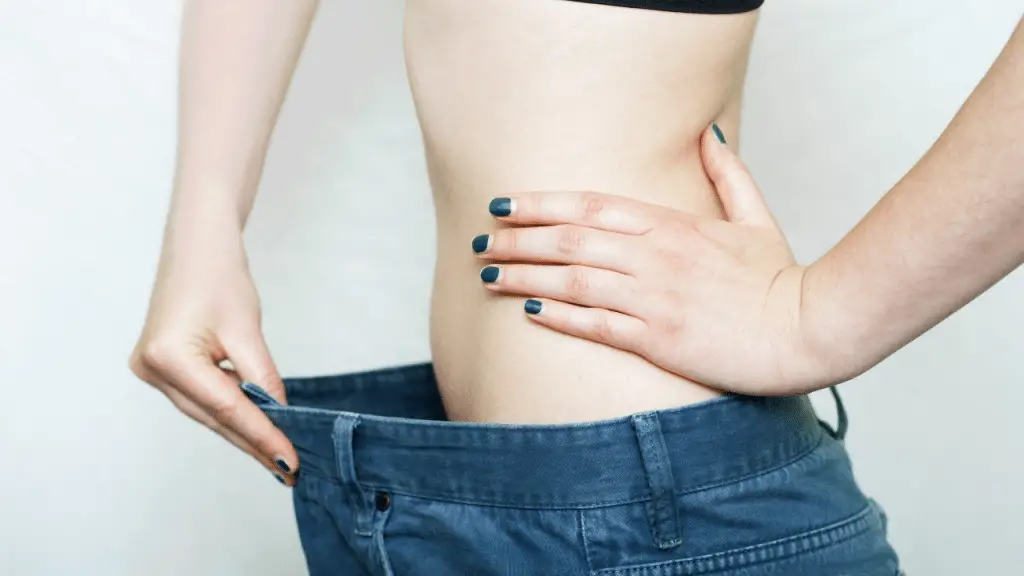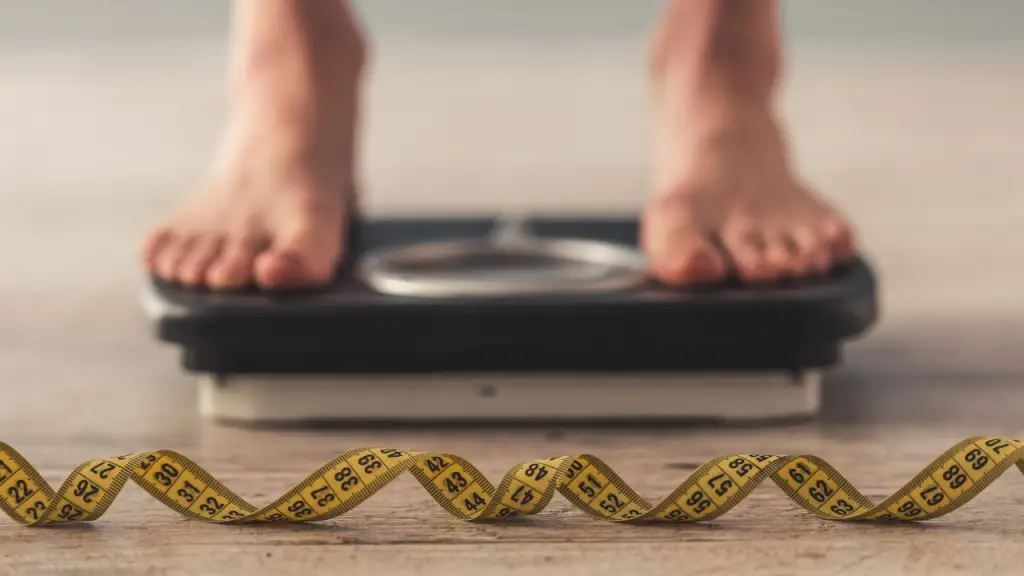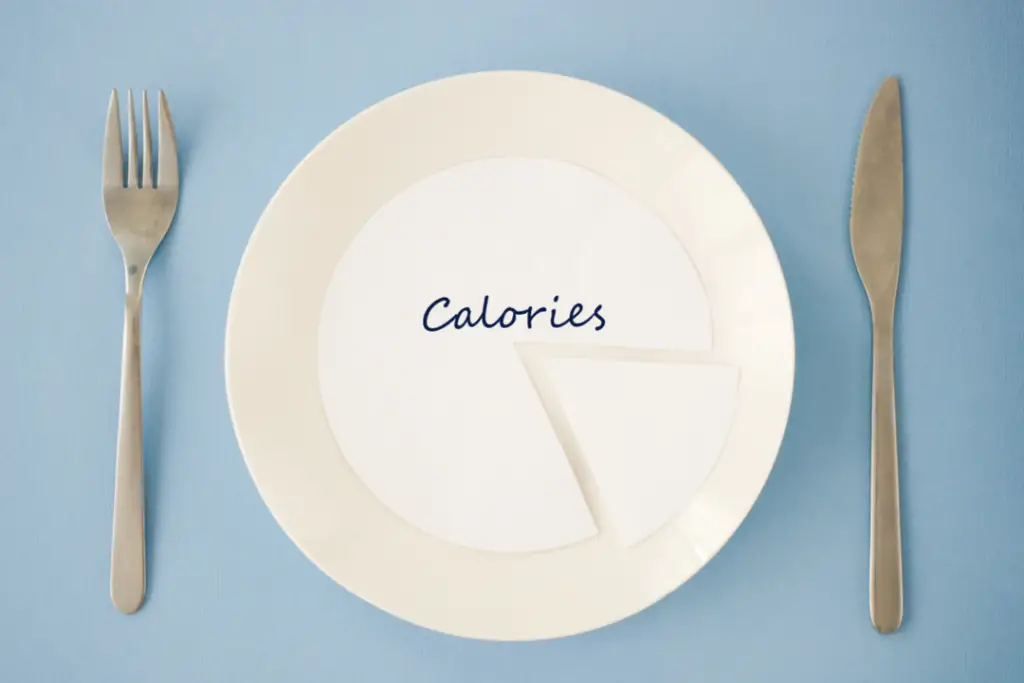The question “How long does it take to lose 20 lbs?” comes up fairly frequently because many people have about 20 lbs to lose. Or 20 lbs seems like an attainable benchmark before moving on to the next one. Today, I am going to give you an idea of how long it will take you to lose 20 lbs depending on how much effort you are willing to put into your weight loss journey, how disciplined you are with maintaining your efforts, and what kind of long term weight loss results you are looking to achieve.
Should You Count Calories to Lose Weight?
Now, if you ask most nutritionists and dieticians how long it takes to lose 20 lbs, most likely they will tell you that to lose 1 lb a week, you need a calorie deficit of 500 calories a day. Then, you have some intermittent fasting experts that will tell you that it isn’t true because weight loss is not just about calories in and calories out.
Calories In, Calories Out?
While it’s true that other factors will impact your metabolic needs, I am sorry to break the news to you: calories do matter! I don’t understand why so many intermittent fasting experts seem to say otherwise (including a nutritionist that I follow). I wonder if it’s partly to tell people what they want to hear. We would all love to be able to lose 20 lbs within a month without having to feel deprived, but let me be upfront with you: That’s not a realistic expectation!
Another fact that compounds the issue is that calorie counting is rarely accurate. Not only do most people underestimate how many calories they are consuming, but nutritional information on labels may be off by as much as 20%! Maybe that’s another reason why health and fitness experts want to move away from counting calories. Before we determine how long it takes to lose 20 lbs, we will just quickly go over some of the factors that will impact how many calories your body needs.
The Types of Foods You Eat
Around 70% of your caloric needs are accounted for by your basal metabolic rate (which can fluctuate depending on the next factors I am about to mention). Then, we have the thermic effect of food and the energy expended in physical activity that come into play. About 10% of your daily energy expenditure is used to digest and absorb food. Protein takes the most energy to digest and absorb, followed by carbs, and then fats. It’s probably why a fairly common weight loss advice is to increase protein consumption. Protein is also very satiating compared to carbs. However, even though fats don’t take as much energy to digest and absorb, they will make you feel fuller longer.
Moreover, it looks like whole foods allow you to expand more energy than processed foods. You may enjoy reading about this experiment that compared the energy expenditure required to digest whole foods vs. processed foods.
I find that for me, a good balance is about 20% protein, 35% carbs, and 35% fat. This varies over time, and I don’t track my macros. This estimate comes from my experience doing modified fasts and the keto diet. Each of us is different and you will also need to experiment.

Hormonal Health
Hypo and hyperthyroidism may affect your metabolism. Besides that, your cortisol levels may also increase or decrease your metabolic needs. In the weight loss world, we often hear about how too much cortisol is detrimental and may cause you to gain weight. What we don’t hear much about is that cortisol is an anti-inflammatory hormone that burns fat and contributes to the absorption of essential vitamins, minerals, and nutrients from food. As usual, it’s a matter of balance. For more information, read How Intermittent Fasting Affects Women’s Hormones.
Muscle Mass
The more muscle mass you have, the higher your basal metabolic rate will be because muscles require more energy than fat. That’s one reason strength training is so important. Besides the fact that it will combat the natural loss in muscle mass that comes with aging, it will make you stronger and help you look better even without losing any weight.
Age and Gender
As we age, our metabolism decrease. In part, this is caused by a decrease in muscle mass. It’s also just a fact of life. As you get older, you need to get used to eating less if you don’t want to gain weight. Furthermore, men need more calories than women. That’s another reason they tend to lose weight faster when they go on a diet aside from the fat-storing effect of some female hormones.
Level of Activity
About 20% of your total energy expenditure depends on your activity level. Moreover, your metabolism will remain elevated for a while after you workout.
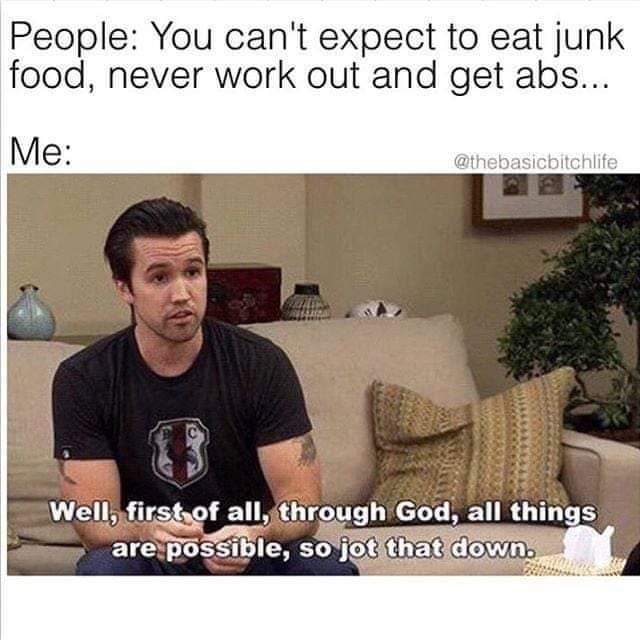
Intermittent Fasting Instead of Calorie Restriction
Counting calories accurately can be very stressful and difficult. On the other hand, intermittent fasting allows you to naturally decrease your calorie intake. I don’t track my calories or my macros. Yet, intermittent fasting has helped me achieve the weight loss goals I had been striving to achieve for over a decade. If you have been experimenting with intermittent fasting and haven’t been able to lose weight, you may enjoy reading Counting Calories to Lose Weight: Should I Try It?
How Long Will It Take You To Lose 20 lbs?
Ok, now that we have the issues of calories out of the way, we can talk about how long it takes to lose 20 lbs. The reason I wanted to explain the importance of calories is that how long losing 20lbs will take you, will vary greatly depending on what kind of calorie deficit you are able to sustain. To lose 2 lbs a week (or 8 lbs within a month), you need a calorie deficit of around 1,000 calories a day! I don’t know if you realize it, but that’s a lot! Many women need around,1800 calories to maintain their current weight, which means they would have to consume only 800 calories a day just to lose 2 lbs a week!
Then, you have the issue of feeling stressed and deprived which will not help as I talked about when I explained the relationship of cortisol with weight loss. That’s why I prefer a more gradual approach to weight loss. An approach that is so gradual, it becomes second nature as you adopt a new lifestyle. Your weight loss will be faster at times and slower at others. Just as a point of reference, it took me about a year to lose 20 lbs. If you can steadily lose 4 lbs a month (which would require a calorie deficit of 500 calories a day), then it will take you 5 months.
How Much Effort Are You Willing to Put Into Your Weight Loss?
If you don’t mind feeling hungry most of the time, then you can expect to lose 20lbs within 4 months. It is very likely that you will feel hungry when you sustain a calorie deficit great enough to consistently lose 1lb a week or more. Are you able to cope with that? That’s why it took me one year. I needed periods of time when I just ate when I was hungry. Also, I gradually shifted my expectations and habits. I would spend a couple of weeks being strict with intermittent fasting and getting used to the sensation of hunger during my fasting window and then, I would overeat to compensate at times. This brings me to the next question. How disciplined are you?
How Disciplined Are You?
I don’t like being hungry and I like eating. Going hungry for extended periods of time makes me miserable and I don’t have the discipline to sustain it. Maybe you have more discipline than me. In which case, weight loss will be faster. It should be pretty easy for you to lose 20 lbs within 5-6 months. Another noteworthy point: the more weight you lose, the hungrier you tend to feel. Your body naturally wants to protect its fat reserves. It will scream against your weight loss efforts.
As I experimented during my weight loss journey, I noticed that fasting was always easier coming out of a period when I wasn’t restricting myself. In fact, I was always kind of surprised at how easy it was because what I was remembering is the fasting leading up to that period. Whenever I had been diligent with fasting and I was losing weight, I was feeling hungrier and hungrier. Now, it’s important to note that ketosis helps you not feel angry over being hungry. I will talk about that in the next section.

What Is Your Long Term Goal?
What are you looking to accomplish? Do you want to make fasting a lifelong habit? How much weight do you want to lose in total? The answer to these questions will impact how long losing 20 lbs will take you because as you plan for your weight loss goal, you need to keep in mind how you will go about keeping the weight off. What’s the point of taking 5 months of concerted effort to lose 20 lbs if you are going to regain it all within 2 months? As you decide how disciplined you are going to be to lose your 20 lbs, you need to consider what you will be willing to do to maintain your weight loss. That’s what we are going to talk about next.
How to Lose 20 lbs Without Feeling Hangry
Maintaining your weight loss will be predominantly a question of mindset. If you think you can just go back to eating whenever you want whatever you want when you have achieved your weight loss goal, you will gain the weight back. Even if it’s not completely what you think, but at the very least, you expect to not have to go hungry again, you may also gain the weight back. I noticed that the more you eat, the more you tend to want to eat. To maintain your weight loss, you will have to maintain some form of fasting at least periodically. That’s why I thought it would be useful to share some ideas on how you can lose weight (and maintain the weight loss) without feeling “hangry.”
Hunger Doesn’t Have to Mean Anger
Good news: fasting helps stabilize your insulin levels and use fat as energy in the form of ketones! These two facts together mean that as you get accustomed to fasting, you will find it easier. You will feel energetic and the hunger will not bother you the same way it will at first. If you are very carb dependent, it may help to go keto for a week or two before you start fasting. Or you can do a modified fast (just keep in mind that the modified fast will make you hungry).
The Keto Diet as a Form of Fasting Mimicking
The reason the keto diet has been so popular to help people lose weight is that it is in fact tricking your body into thinking it’s fasting. The number of carbs you are eating is so low that your body has to resort to using your stored fat to produce ketones. When your body is running on ketones, you don’t feel as hungry. The same thing happen when you fast long enough, you may feel hungry at times, but you don’t feel “hangry” because of the magic of ketone production.
Read 7 Most Effective Ways to Curb Hunger Cravings to get more tips and ideas on how to gradually adapt to fasting. You will find that with practice, you come to enjoy fasting. Now that I have achieved my weight loss goal, I don’t fast as long each day. I noticed that after a while, I need a longer fast to feel great. Fasting is very healing and you will grow to love it!
